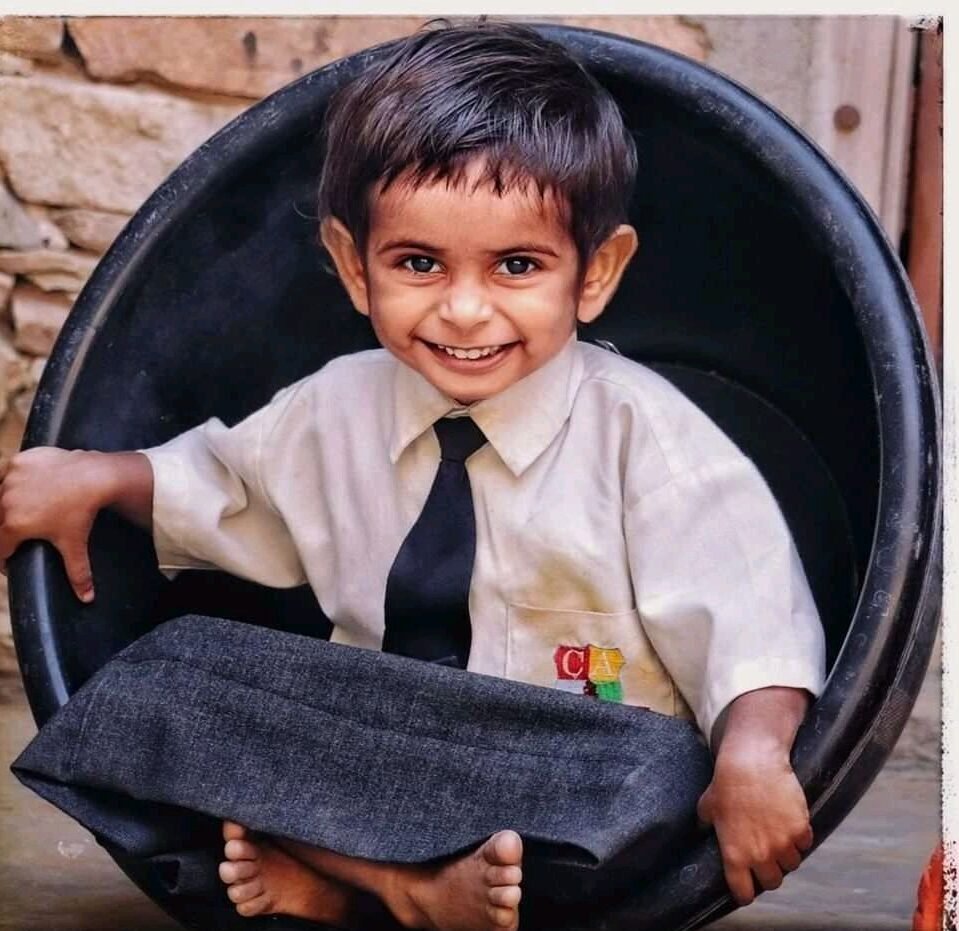- Physical features, climate, drainage, vegetation, agriculture, livestock, dairy
development, population distribution, growth, literacy, sex ratio, tribes, industries and
major tourist centres. - Ancient Culture & Civilisation of Rajasthan, Kalibangan, Ahar, Ganeshwar, Bairath.
- History of Rajasthan from 8th to 18th Century
- Gurjar Pratihars
- Chauhans of Ajmer
- Relations with Delhi Sultanate – Mewar, Ranthambore and Jalore.
- Rajasthan and Mughals – Sanga, Pratap, Mansingh of Amer, Chandrasen, Rai
Singh of Bikaner, Raj Singh of Mewar. - History of Freedom Struggle in Rajasthan
- Revolution of 1857.
- Political Awakening.
- Prajamandal Movements.
- Peasants and Tribal Movements.
- Integration of Rajasthan
- Society and Religion
- Lok Devta and Devi
- Saints of Rajasthan.
- Architecture – Temples, Forts and Palaces.
- Paintings – Various Schools.
- Fairs and Festivals.
- Customs, Dresses and Ornaments.
- Folk Music and Dance.
- Language and Literature.
Political and Administrative System of Rajasthan: – - Office of Governor; Role and Functions.
- Chief Minister and Cabinet (State council of Ministers).
- State Secretariat and Chief Secretary.
- Organisation and Role of the Rajasthan Public Service Commission.
- State Human Rights Commission.
- Panchayati Raj (Local Self Govt. Administration).
- State Legislative Assembly in Rajasthan.
- Major current issues and happenings at state level related to socio-economic, political, games and sports aspects.
- Continents, Oceans and their characteristics, global wind system, environmental
issues and strategies, globalization and its impacts, population distribution and
migration. - India: – Physical features, monsoonal system, drainage, vegetation and energy
resources.
Indian Economy: – - Growth and Development in Agriculture, Industry and Service Sector in India.
Foreign Trade of India: Trends, Composition and Direction.
Indian Constitution, Political System and Foreign Policy: – - Constitutional History of India with special reference to Government of India Acts
of 1919 and 1935. Gandhi’s Contribution to National Movement. - Indian Constitution- Role of Ambedkar, making of Constitution, salient features,
Fundamental Rights, Fundamental Duties, Directive Principles of State Policy. - Offices of the Indian President and Prime Minister.
- Political Parties and Pressure Groups.
- Principles of India’s Foreign Policy and Nehru’s contribution in its making.
- India and U.N.O., emerging trends in International Politics with special reference
to Globalization.
Educational Psychology – its meaning, scope and implications for teacher in
classroom situations.
- Development of Learner – concept of growth and development, physical,
emotional, cognitive, moral and social development. - Learning – its meaning and types, different theories of learning and implications
for a teacher, transfer of learning, factors affecting learning, constructivist
learning. - Personality – meaning, theories and measurement, adjustment and its mechanism,
maladjustment. - Intelligence and Creativity – meaning, theories and measurement, role in
learning, emotional intelligence- concept and practices. - Motivation – meaning and role in the process of learning, achievement
motivation. - Individual Differences – meaning and sources, education of children with special
needs – Gifted, slow learners and delinquent. - Concept and Implications in Education of – Self concept, attitudes, interest &
habits, aptitude and social skills.

